How we work
BankInvest wants to be committed to and serious about its work with responsible investments. We are dedicated to advancing sustainability and responsible investment practices on multiple fronts.
At BankInvest, we believe that companies create the most value by operating their business responsibly. We invest in several thousand companies and in countries all over the world. We are assisted in this by experts who serve as our eyes and ears and speak to companies on our behalf.
BankInvest engages in various external partnerships in relation to data sourcing and active ownership. BankInvest also subscribes to a number of initiatives for responsible investment, including the UN-backed Principles for Responsible Investment
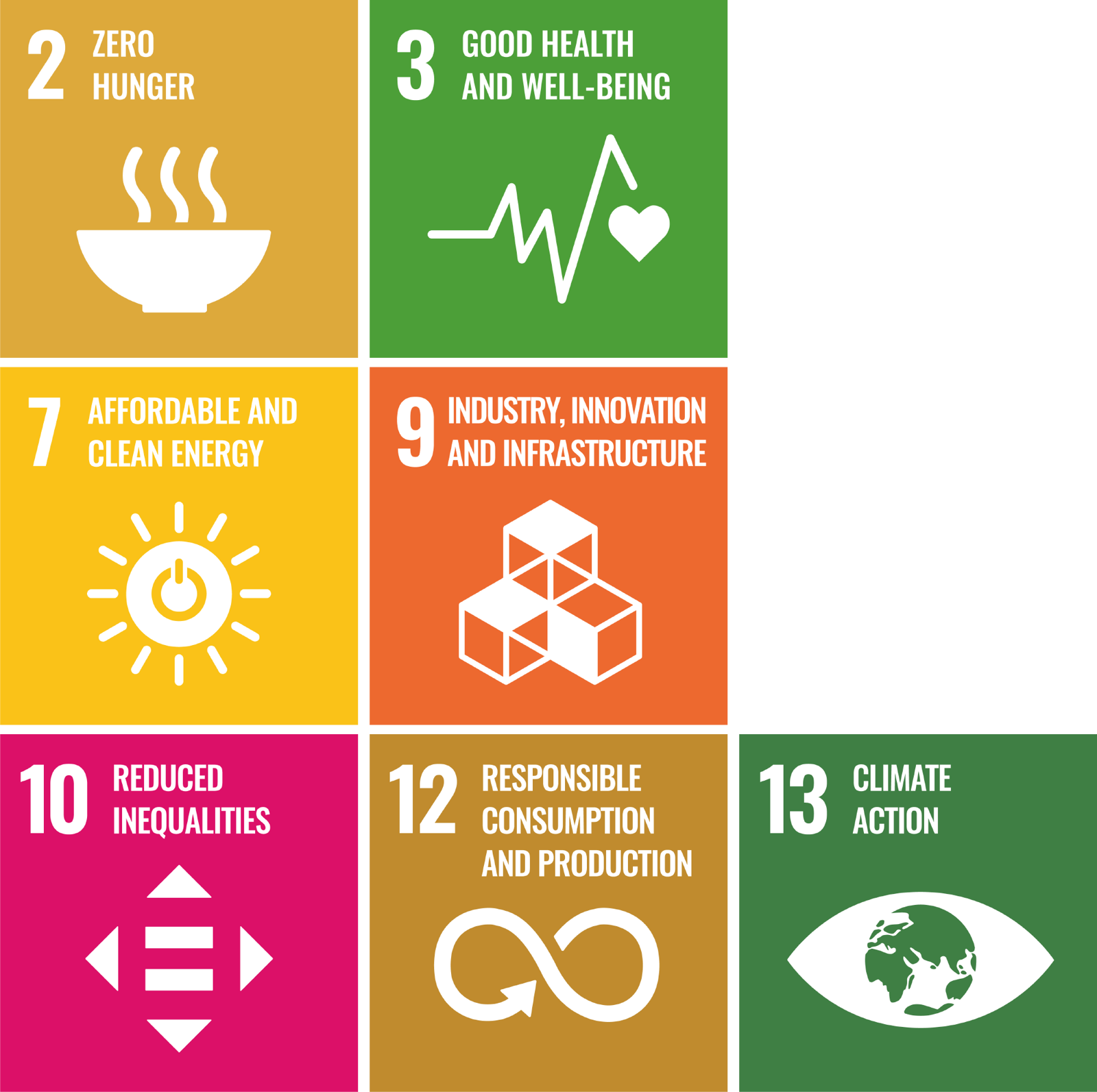
Our ESG team
Our team of ESG experts works closely with the portfolio managers to ensure that the portfolio companies meet BankInvest’s guidelines for responsible investment.
-

Jakob Møller Petersen
Chief Sustainability Officer
-

Linnea Rindorf Adler
Head of ESG (maternity leave)
-

Caroline Lehmann Christiansen
Senior ESG Manager
-
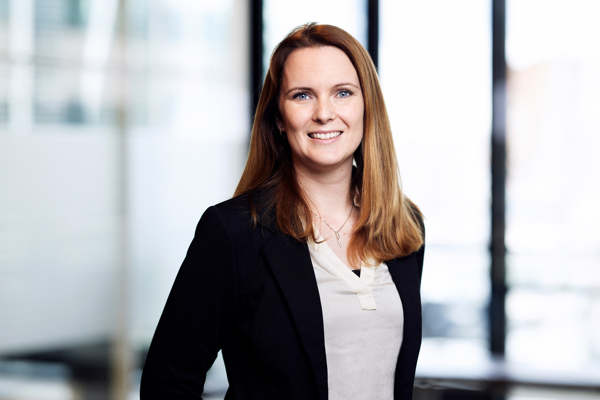
Line Vestergaard Stæhr
ESG Investment Specialist, bonds
-

Søren Høyer
ESG Investment Specialist, equities
Responsible Investment Committee
When we place demands on companies, we also place demands on ourselves. This is managed by BankInvest’s Responsible Investment Committee, headed by our chief executive officer. The Committee discusses topical cases and sets the direction for responsibility and sustainability.
The Committee also has the last word if, for various reasons, a company ends up on the list of companies in which our portfolio managers must not invest (the “exclusion list”).
The committee meets at least four times annually and consists of BankInvest's CEO (chairman), members from executive management as well as other relevant departments.
Use of ESG integration
BankInvest integrates ESG matters in the investment process. This means that besides looking at traditional, financial ratios, the portfolio managers also include non-financial ratios and parameters in the investment analyses, including how the companies handle ESG matters.
To obtain ESG data for the purpose of analysing corporate investments, BankInvest cooperates with an international data supplier that specialises in analysing companies’ ESG parameters. The data provider provides both ESG data and research.
Active ownership
Active ownership is a key element in BankInvest’s approach to responsible investment.
As an investor, active ownership means that you use your rights and influence as an owner to improve companies’ behaviour.
This could be either by the investor voting at the company’s general meeting or by entering into a dialogue with the company’s management. It is called engagement when you enter into a dialogue with a company as a consequence of its violation of international norms and conventions.
Instead of selling the shares, the investor therefore initially seeks to influence the company to change its behaviour through dialogue. This is a key element in BankInvest’s approach to responsible investment. If dialogue fails, you can exercise influence at the companies’ general meetings and ultimately sell the shares.
BankInvest’s Responsible Investment Committee has the decision-making power to exclude a company from BankInvest’s investment universe.
Norm-based screening in practice
BankInvest cooperates with the international consultancy firm Sustainalytics which manages the dialogue for several other Danish investors. Sustainalytics is tasked with monitoring – or screening – all investments in BankInvest’s listed portfolios and investment divisions.
This is also known as norm-based screening and means that the investments are reviewed for companies that potentially violate international norms (such as the UN Global Compact) for environmental protection, human rights, labour standards and business ethics.
BankInvest will invite companies failing to observe the norms to a dialogue through Sustainalytics to seek to positively influence the company’s behaviour. We can do this ourselves or with other investors.
A process of dialogue can involve a number of initiatives, including discussions with the company’s management, influencing the composition of the board and voting at general meetings.
If these efforts are unsuccessful, it could lead to divestment of the company’s shares. This will be assessed by BankInvest’s Responsible Investment Committee.
Some of the most important norm-based criteria:
- ILO Labour market conventions
- UN Declaration of Human Rights
- The UN Global Compact
Exclusion
BankInvest has a general ban on investing in companies involved in the production of controversial weapons such as cluster munitions, land mines, chemical and biological weapons and nuclear weapons outside the Non-Proliferation Treaty as well as companies in which more than 5% of the revenue comes from coal mining, production of tar sands, oil and gas exploration in offshore Arctic regions, and production or distribution of tobacco.
Exclusion may also be a possibility if a company breaches international norms and does not demonstrate any will to take responsibility and change its behaviour as described in the section on Norm-based screening.
The Responsible Investment Committee has the decision-making power to exclude a company from BankInvest’s investment universe, which decision is typically recommended on the basis of an analysis made by the ESG Team.
The exclusion list is published regularly and can be found at the bottom of this page.
Moreover, certain divisions with special sustainability considerations may have stricter exclusion criteria for sectors and companies that are not assessed to be sustainable. In such case, this is described in the divisions’ prospectuses.
The Disclosure Regulation
On 10 March 2021, a new EU regulation on sustainability-related disclosures (also called SFDR or the Disclosure Regulation) was enacted.
The Disclosure Regulation is a set of rules for how to provide information about sustainability – both at the overall company level and at product level for the individual divisions. The rules aim to improve the quality of sustainability-related information for investors.
BankInvest is subject to the rules, both as a financial market participant and a financial adviser through the group companies BI Asset Management Fondsmæglerselskab A/S and the investment management company BI Management A/S.
BankInvest has adopted the following policies and declarations that ensure BankInvest’s compliance with the obligations under the Disclosure Regulation.
Networks joined by BankInvest
Click to expand ...
-
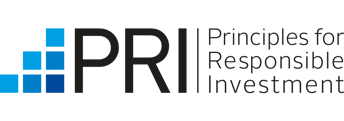
The UN-backed Principles for Responsible Investment were founded in April 2006 at the initiative of the then Secretary-General Kofi Annan. He invited some of the largest institutional investors and asset managers in the world to develop principles for responsible investment together with the UN. In February 2008, BankInvest signed the UN-backed Principles for Responsible Investment (UN PRI).
There are six principles in total, that are all defined to be compatible with a traditional investment approach. The principles apply to BankInvest’s entire investment process. However, the investment funds in the Darwin mobile app are excepted; see the note below.
There is increased awareness among BankInvest’s investors, consultants and others working with investment that environmental (E), social (S) and governance (G) issues are all dimensions that may have an impact on the performance of investment portfolios.
-
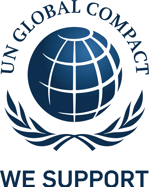
Since 2019, BankInvest has supported the UN Global Compact, which is the ten principles on responsibility within human rights, labour rights, the environment and anti-corruption. Read about BankInvest’s reporting and the principles here.
-

As a signatory to the Montréal Carbon Pledge, BankInvest (and a range of other institutional investors all over the world) acknowledges the long-term investment risks associated with greenhouse gases, carbon emissions and climate change and undertakes to act accordingly. This means that BankInvest publishes the carbon footprint for a number of departments.
-

BankInvest has signed Climate Action 100+, an investor initiative that seeks to influence 167 of the world’s largest carbon-emitting companies to follow more climate-friendly paths, including Danish A.P. Moller - Maersk. The 167 companies account for more than two-thirds (!) of global industrial carbon emissions.
-

BankInvest is a member of and supports the Danish Social Investment Forum (Dansif).
Dansif is a network for investors, consultants and other organisations working in the rapidly growing area of responsible investment. The membership gives BankInvest access to a wide network of members and the opportunity to influence and build the Danish market.
-
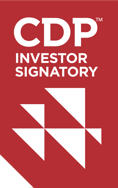
BankInvest is a co-signatory of CDP, the world's largest investor and corporate partnership for environmental data. CDP is a non-profit organisation that collects environmental data from companies, cities and regions all over the world by means of dialogue.
-
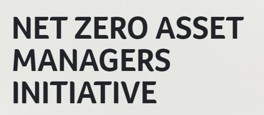
BankInvest has joined the Net Zero Asset Managers Initiative under which asset managers commit to working towards neutralising greenhouse gas emissions from the companies invested in and setting interim targets for the emissions.
-
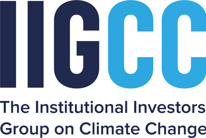
IIGCC (Institutional Investors Group on Climate Change) is a European network forum for institutional investors that have joined forces to ensure a more sustainable and climate-friendly future.
Our policy
BankInvest's policy for responsible investment
BankInvest wants to be a leading player within responsible investment. This policy is meant to help us achieve that goal.
Policy for Responsible Investment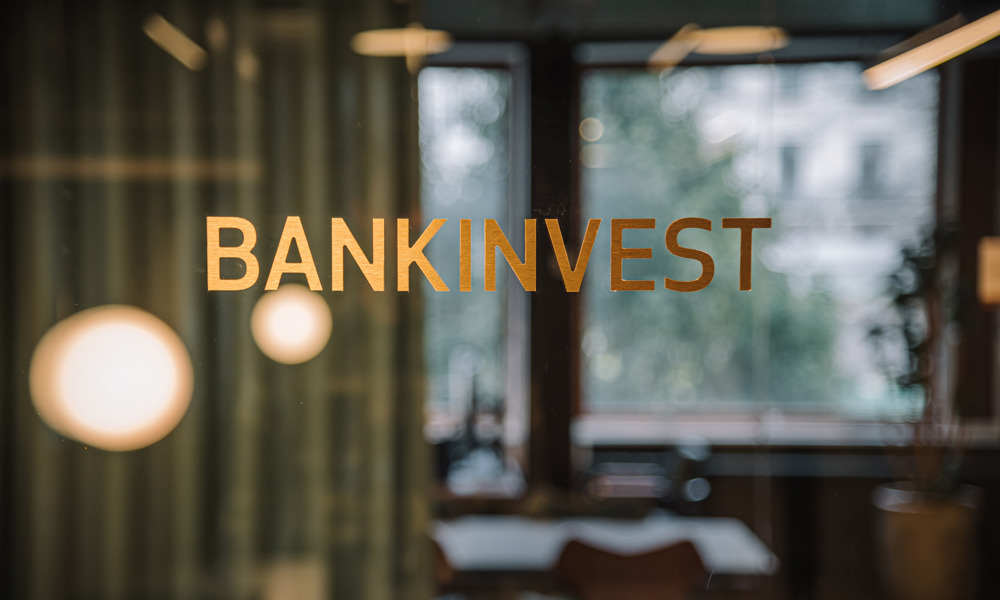
Other reports
-
Exclusion List
01.07.2025
-
Climate Action Plan
19.02.2025
-
Policy for Active Ownership
18.12.2024
-
Guidelines for investments in fossil fuel companies
24.02.2025
-
PRI report on NZAM commitments
30.01.2025
-
Statement on principal adverse impacts of investment decisions on sustainability factors (DK)
16.06.2025
